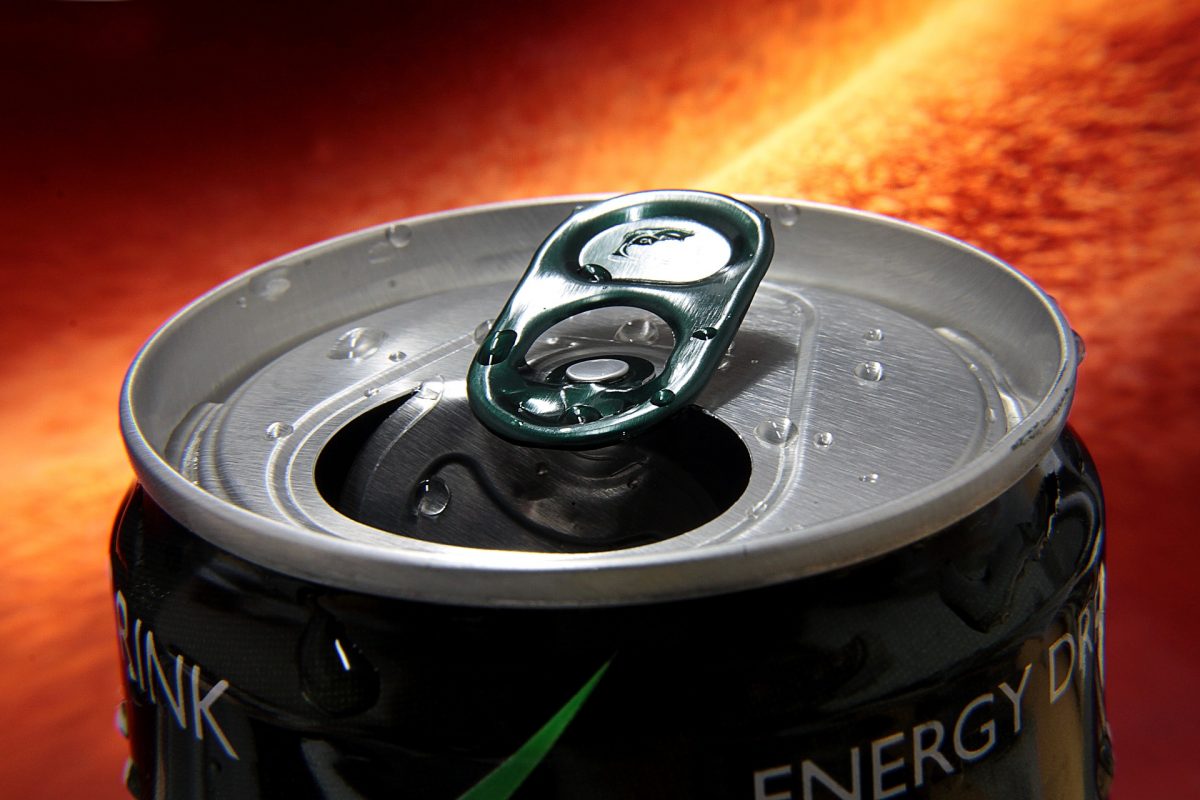Call for energy drink ban amid concern about impact on teenagers’ health
 Doctors have called for under-18s to be banned from buying energy drinks amid concerns that they are damaging teenagers’ health.
Doctors have called for under-18s to be banned from buying energy drinks amid concerns that they are damaging teenagers’ health.
The Dutch Association for Children’s Health (NVK) said youngsters who drink up to six cans per day were increasingly ending up requiring emergency treatment. The high levels of sugar, caffeine and taurine in the drinks have been blamed for triggering or aggravating conditions such as jaundice, fatigue and epilepsy.
‘When young people come to our clinics complaining of restlessness or heart arrythmia we look at all kinds of things and sometimes we have to put them through the wringer to identify the cause,’ paediatrician Brita de Jong-Van Kempen told AD. ‘But we are seeing that energy drinks are increasingly at the root of the problem.’
The NVK says the sales of the drinks should be restricted to over-18s in the same way as cigarettes and alcohol. At present the cans carry an advisory label saying they are unsuitable for children and the national nutritional advice body Voedingscentrum has said teenagers should drink no more than one can per day.
The organisation also called for research to be carried out into the effect of energy drinks. ‘These aren’t harmless soft drinks,’ said De Jong-Van Kempen. ‘A ban would make parents think and raise their awareness of the consequences. We can wait until we have a fatal incident or we can take measures so that we can investigate the consequences.’
Meanwhile, a survey by the nutrition centre Voedingscentrum found that nearly two-thirds of parents (62%) wanted to see school and sports clubs canteens do more to promote healthy eating.
Almost nine out of 10 (86%) said healthy food should be made cheaper, while 48% said healthy food outlets should be more prominent on the high street. However, 82% agreed that they were mainly responsible for educating children about healthy food.
The public health ministry said it was not in favour of banning or restricting sales of energy drinks. A spokesman said the solution lay in interventions by parents, schools and sports clubs to reduce children’s intake.
Thank you for donating to DutchNews.nl.
We could not provide the Dutch News service, and keep it free of charge, without the generous support of our readers. Your donations allow us to report on issues you tell us matter, and provide you with a summary of the most important Dutch news each day.
Make a donation